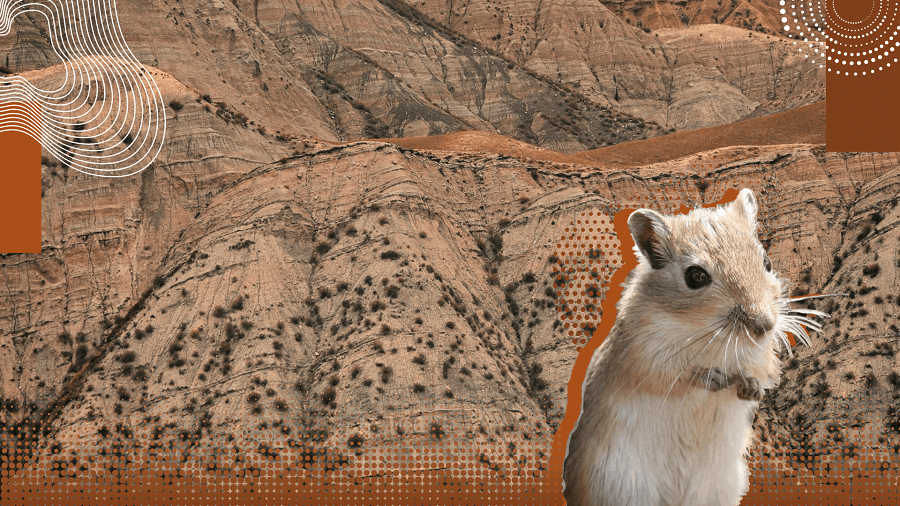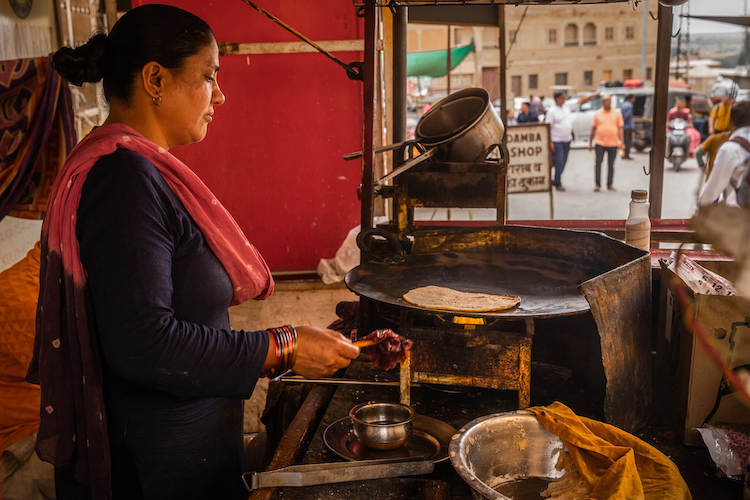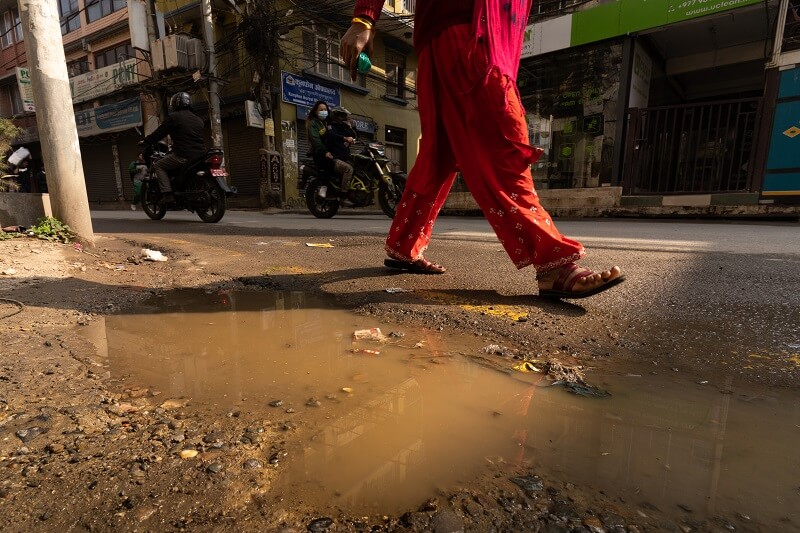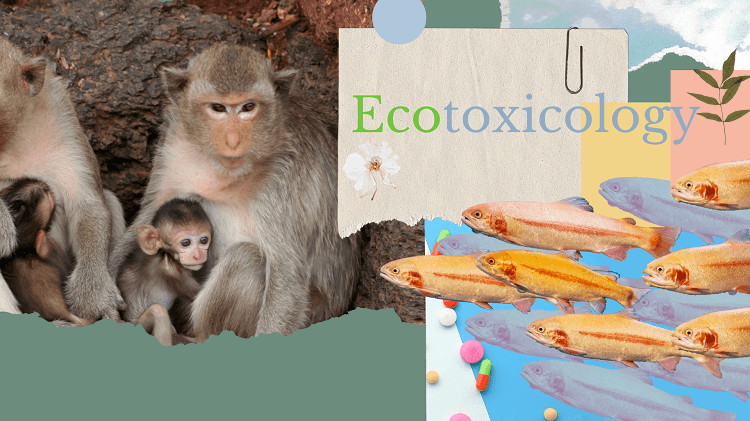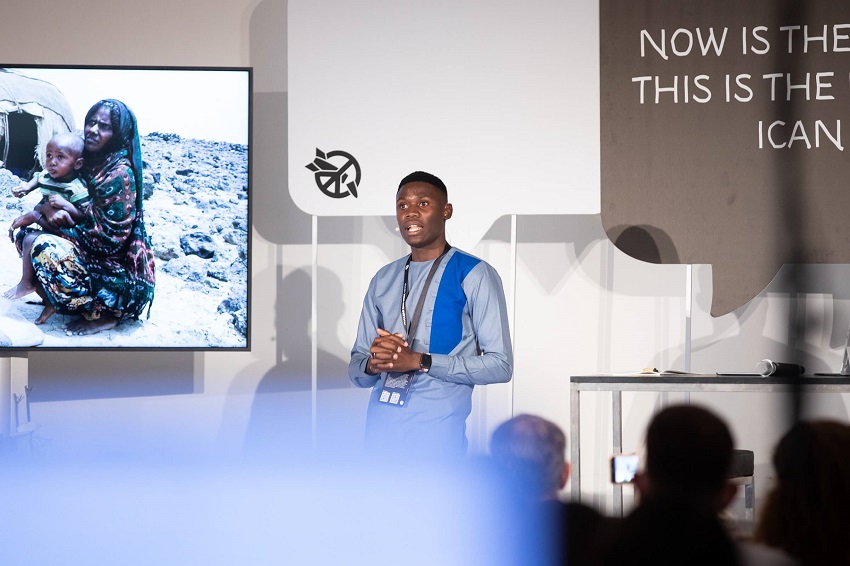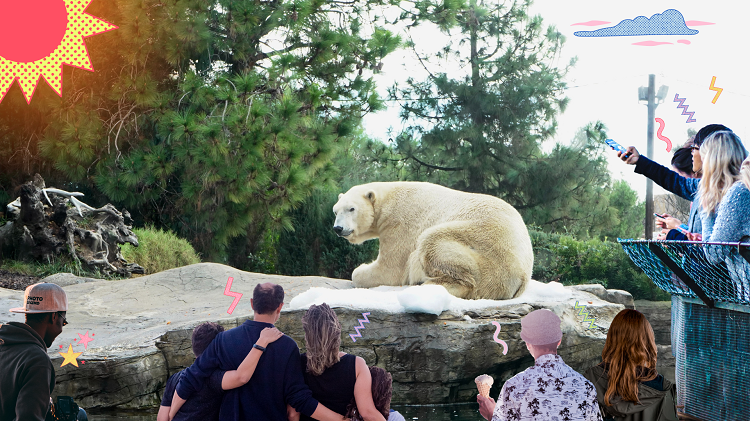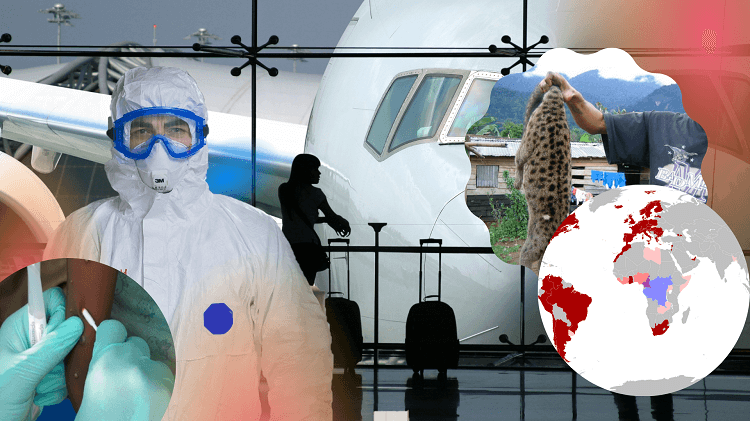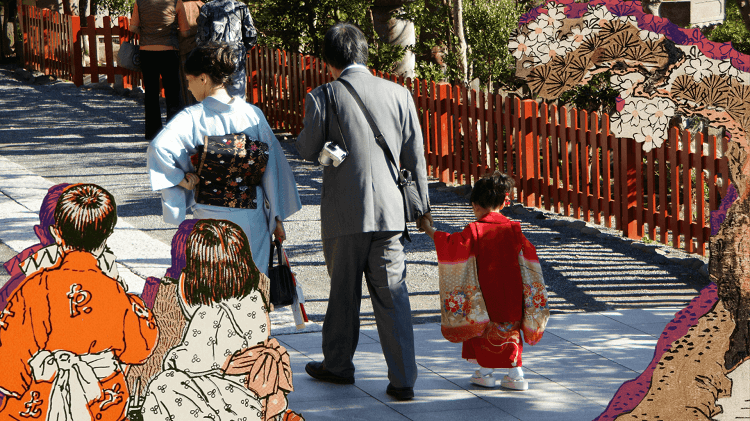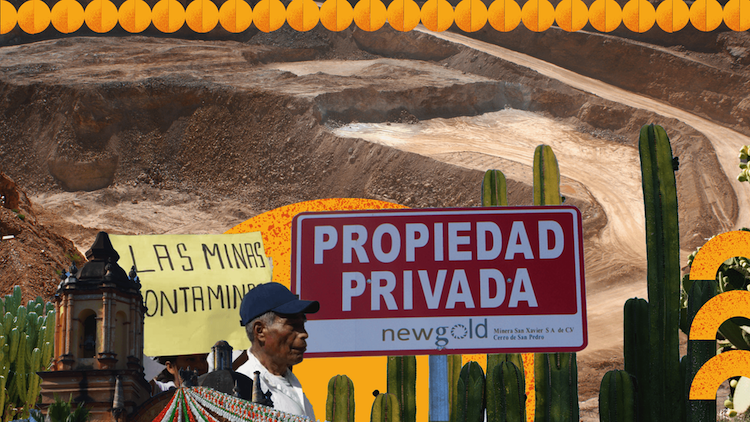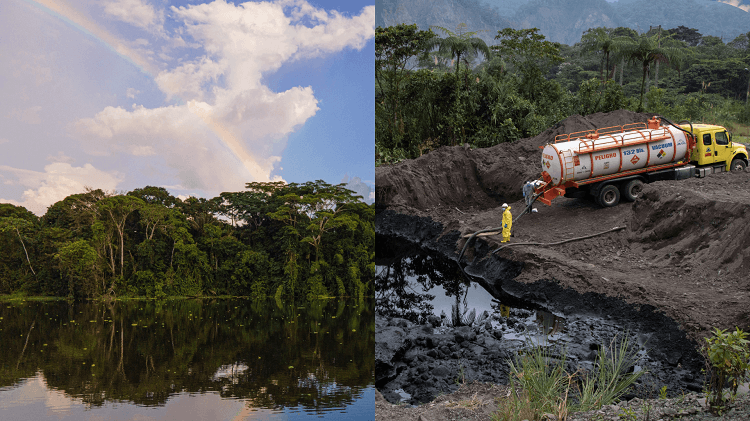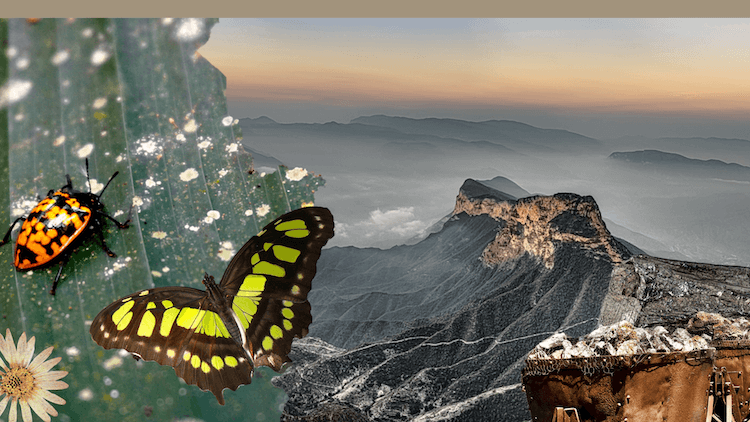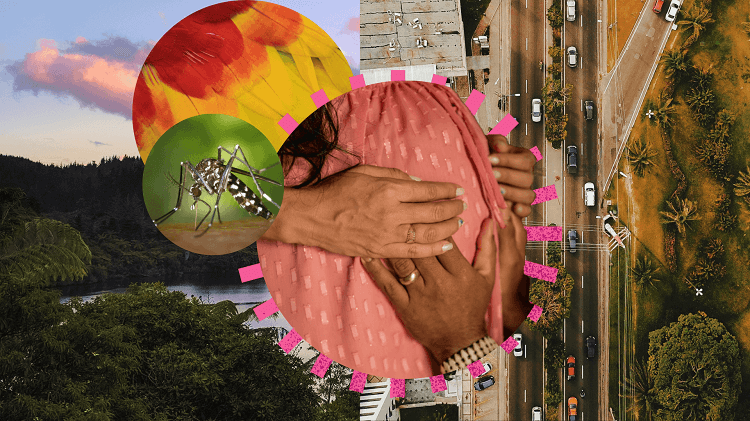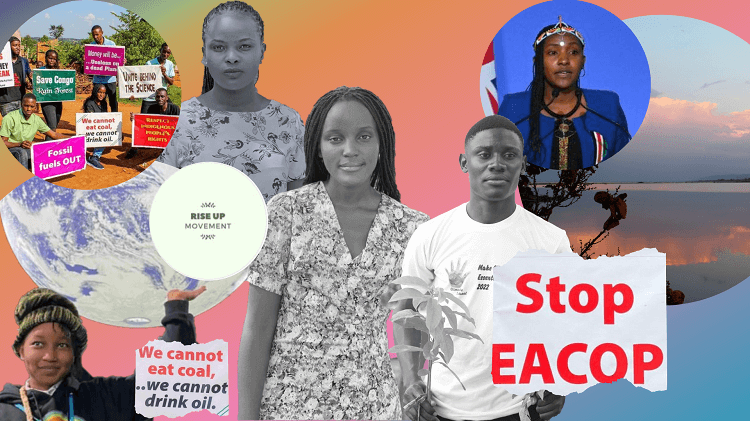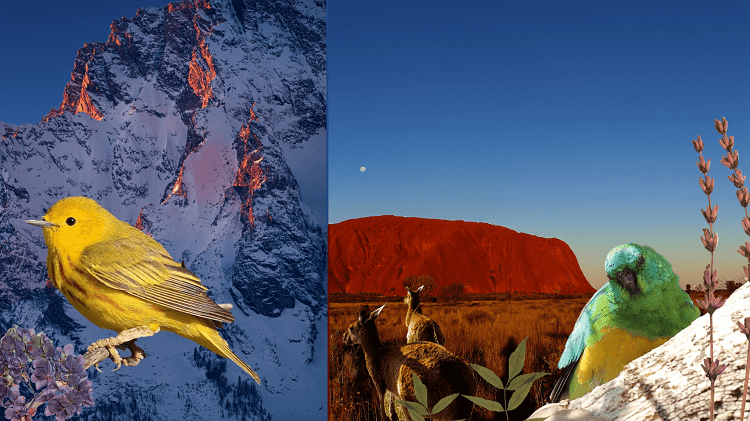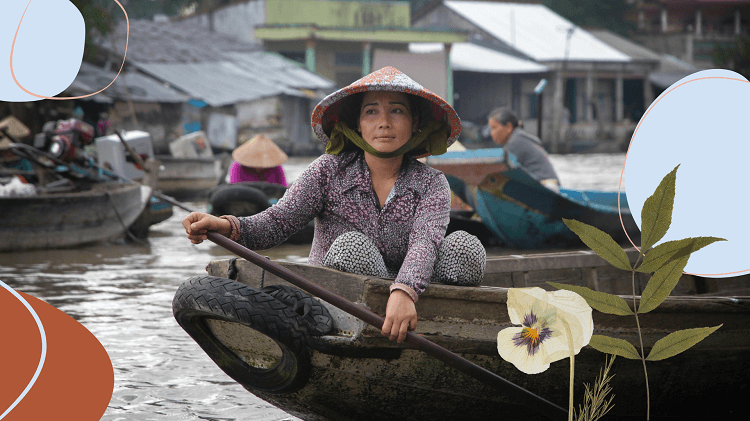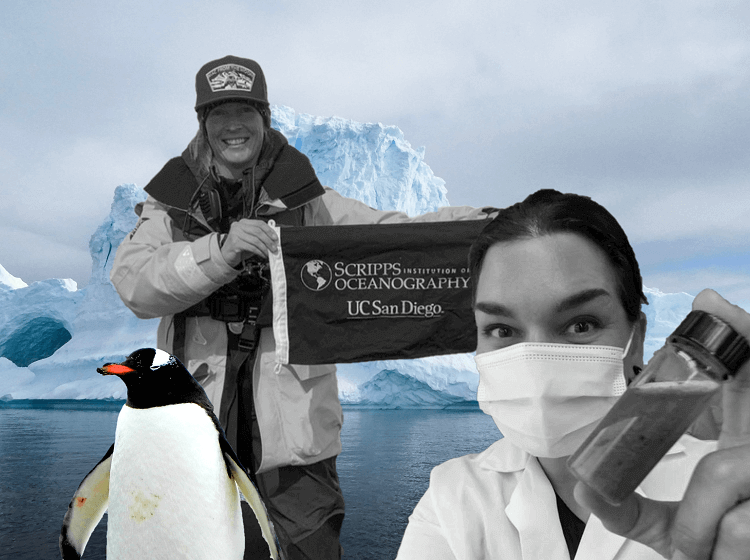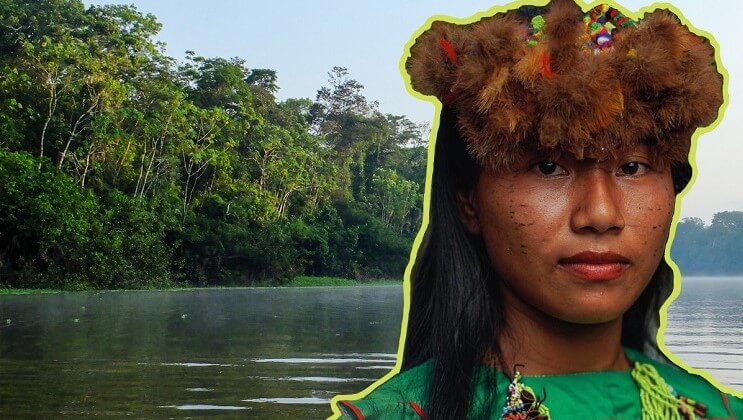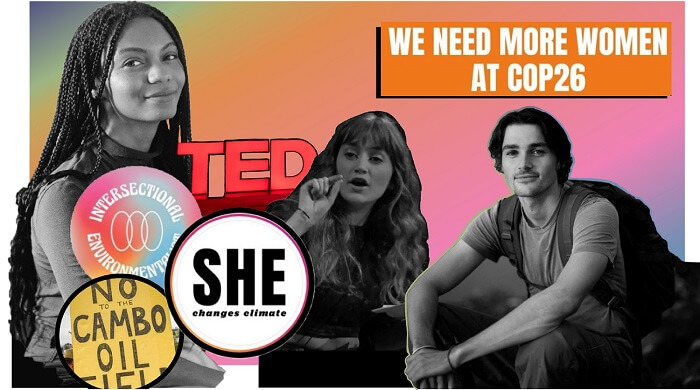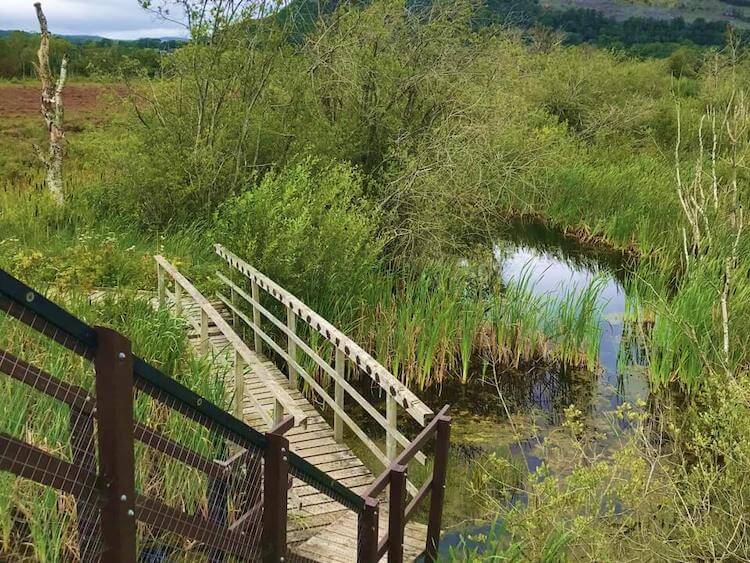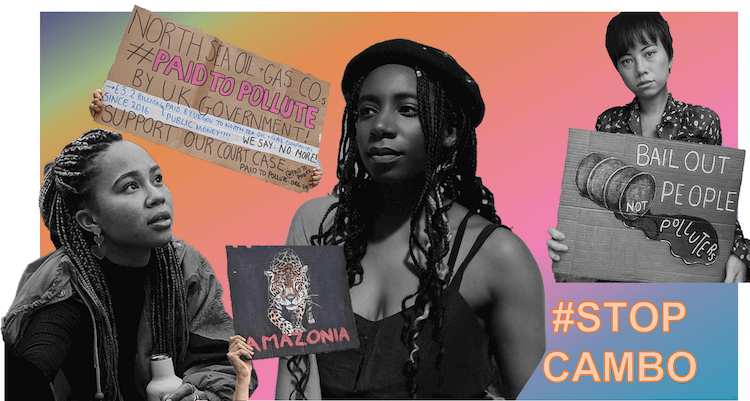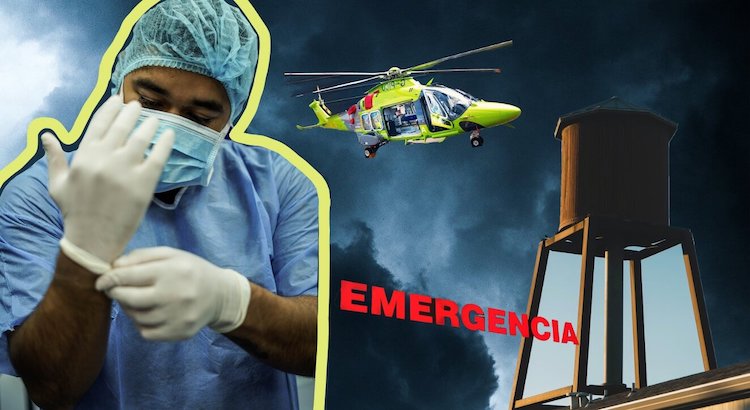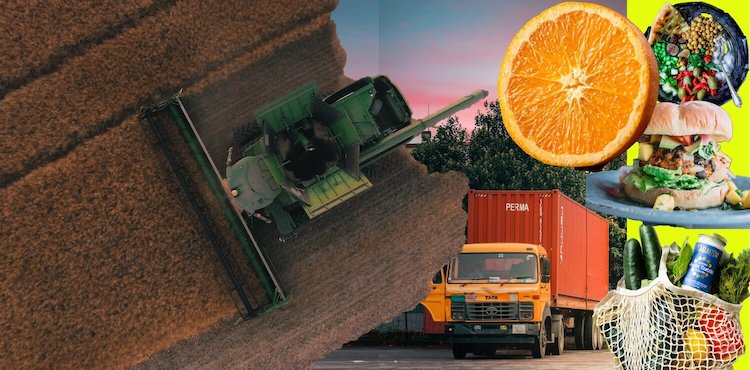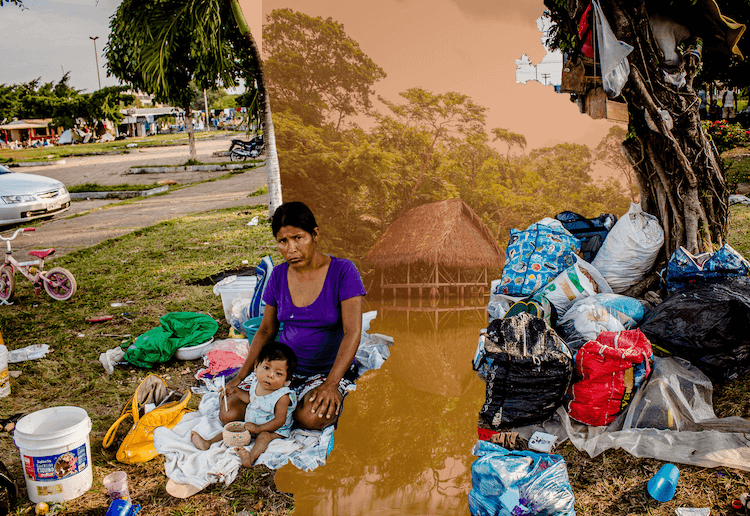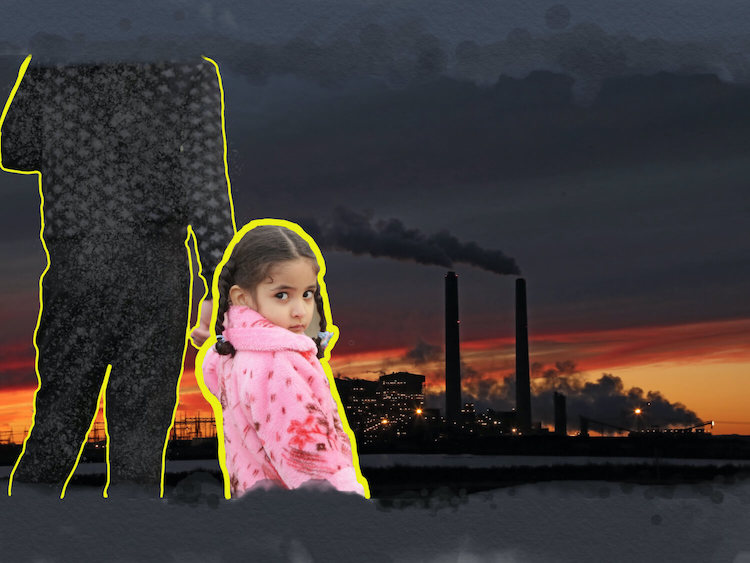Articles Written by Isabel Rowbotham
Desert rodents evolved specific adaptative mechanisms to dry and arid environments
Sustainable Leaders | Asia, January 10th, 2024
Asian-led research uncovered divergent adaptations in rodent species through genetic sequencing and found how they have adapted to the arid lands and extreme climate of the deserts of Inner Mongolia, China. The study showcases a path to understanding how climate change may challenge animals at a genetic level. Could this field protect species against future extinctions?
The burden of indoor pollution affecting women in South Asia is underrepresented in the media
People | Human Health , September 19th, 2023
Inefficient cooking fuels can produce indoor pollution and may lead to pregnancy concerns, infertility and sterilisation for women. In South Asian countries such as India, Pakistan and Bangladesh, particularly in rural areas, this type of pollution poses a considerable threat to women's health.
Unprecedented rainfall may have impacted Nepal’s most devastating Dengue epidemic in years
People | Human Health , May 27th, 2023
After the unprecedented rainfall and flooding across South Asia in 2022, Nepal, a climate-vulnerable nation, experienced a devastating dengue epidemic. Similar to a ticking bomb, the mosquitoes were ready to breed in the warm and humid conditions of Nepal’s monsoon season.
Indoor air pollution disparately affects the health of Black and Hispanic girls
People | Human Health , April 16th, 2023
It is easy to forget that we are not out of reach of pollutants inside our homes. Research investigating polycyclic aromatic hydrocarbons (PAHs) in the Hudson Bay community, San Francisco, U.S. indicates that the public health concerns of these pollutants are notable to developing girls.
When animals inadvertently consume pharmaceuticals: a lesson in Ecotoxicology
Sustainable Leaders | Global, March 29th, 2023
Researchers from Sweden, the United States and Austria have collaborated to understand the impacts of chemical pollutants on wildlife. Here are their perspectives on how animal behavioural ecology is influenced by pharmaceuticals.
Reflecting on ICAN 2022 and what it means to represent your nation: Nyombi Morris
Sustainable Leaders | Africa, November 22nd, 2022
The International Campaign to Abolish Nuclear Weapons (ICAN) Conference took place in Austria from the 18th to the 23rd of June 2022. The event brought together activists from all corners of the world to bring awareness to the risk of nuclear weapons. Nyombi Morris shares his experience attending the event and what possible humanitarian consequences of war mean for Africa.
Kawasaki disease and the environmental agent hypothesis
People | Human Health , October 5th, 2022
The story of a rare heart disease in children shows us that a better understanding of the relationship between climate and disease is more important than ever. The cause of Kawasaki disease has remained a mystery, however researchers believe a causative environmental agent may be carried in the wind after being picked up from croplands in northeast Asia—through Japan and all the way to the West Coast of the United States.
Polar bears may suffer stress from coping with rising temperatures
Environment | Tundras and Poles, August 6th, 2022
Anthropogenically-induced climate change has increased ambient temperatures worldwide. In the Arctic, cold climate-reliant animals are suffering quantifiably. Polar bears in zoos may be experiencing adrenal cortisol (a stress hormone) responses to the rise in temperatures. What does this mean for polar bears in the wild?
Monkeypox re-emerges as a result of climate change and deforestation
People | Human Health , July 20th, 2022
Just as the world begins to recover from the COVID-19 pandemic, a rare virus was identified as spreading in non-endemic countries, driving the World Health Organisation (WHO) to pay close attention. Now, monkeypoxㅡa zoonotic virus closely related to the virus that causes smallpoxㅡhas re-emerged in Europe. Once again, epidemiological experts call for the importance of safe sex practices to prevent the transmission of this infection.
Kawasaki disease: is the answer blowing in the wind?
People | Human Health , July 5th, 2022
The story of a rare heart condition in children shows us that a better understanding of the relationship between climate and disease is more important than ever. Studies carried out in Japan, where the highest incidence of this disease was first observed, indicate that there may be something carried by the wind that causes this condition.
Environmental influencers: Asian American and Pacific Warriors
Sustainable Leaders | Global, June 16th, 2022
This article explores the activism of young people across the globe, as part of a series called ‘Environmental influencers’. There is a lot we can learn from Asian American and Pacific Islander (AAPI) communities through their history, heritage and contributions to society during difficult times. In this article, learn about the first environmental talk show, how a climate group in the Pacific Islands blocked the world’s biggest coal port, an award-winning climate activist and more.
Pollutants from pavements, driveways and parking lots are making their way into our homes
People | Human Health , May 28th, 2022
It is easy to forget that we are not out of reach of pollutants inside our homes. Notably, a chemical byproduct of combustion found in house dust poses potentially carcinogenic risks to our health. A recent study focused on how children may be exposed to this contaminant originating from pavements, driveways and parking lots, and how such pollutants make their way into our homes.
African heritage sites are threatened as sea levels continue to rise
Sustainable Leaders | Africa, May 11th, 2022
A study has identified 213 natural and 71 cultural African heritage sites at risk from coastal flooding and erosion. Iconic ruins, such as the Tipasa in Algeria and the North Sinai Archaeological Sites Zone in Egypt, could disappear completely underwater.
The story of the San Luis Potosí mines is one of colonialism, extractivism and pollution
People | Communities, May 4th, 2022
The mines in San Luis Potosí, Mexico, were born out of Spanish colonialism, then eventually abandoned until the 1990s, when a Canadian mining company took over the site. Their presence, however, was controversial and opened a dispute into who truly owns the land. More importantly, the company has right long-lasting effects on the people and the surrounding biodiversity.
Ecuador's oil spill on the banks of the Coca river: who is responsible?
People | Communities, April 5th, 2022
Ecuador is facing yet another environmental disaster. On January 28th 2022, an OCP pipeline ruptured, releasing an undisclosed volume of oil into the Coca River and the Amazon rainforest. After a number of disasters, it is no wonder that this area has been dubbed the ‘Chernobyl of the Amazon’.
Biomonitoring the environmental effects of mining on Mexico’s rivers
Sustainable Leaders | North America, March 29th, 2022
Scientists from the Instituto Politécnico Nacional in Mexico and the CONACYT laboratories have put forward a biomonitoring method to assess the pollution from mining on the rivers of the Central Mexican Plateau. Results showed the negative impacts of heavy metal pollutants in aquatic organisms’ biodiversity and habitat.
The perfect storm that caused Zika to spread like wildfire across the Americas
People | Human Health, March 9th, 2022
In 2014, Central and South America experienced a never-before-seen Zika virus epidemic. Climate and environmental conditions may have played a role in the transmission and rapid spread of the virus throughout the continent. How then, did an African endemic virus spread virtually undetected through the Americas in such a short space of time?
Environmental influencers: Africans making history
Sustainable Leaders | Africa, February 25th, 2022
Young people are demonstrating their talents in communication, research and leadership through social media. This Black History Month, celebrate and support young activists from various African countries 一history in the making.
Identifying 'genomic vulnerability': many species cannot adapt to future climate conditions
Sustainable Leaders | Oceania, February 7th, 2022
A group of researchers from the University of Melbourne reviewed how global climate changes threaten biodiversity. Genomic vulnerabilities can help researchers assess if certain species will make the necessary genetic changes to adapt to future extreme temperatures, rainfall and other climate conditions.
Innovative prediction models can help reduce the impact of dengue epidemics
People | Human Health, January 28th, 2022
Dengue fever is an airborne disease that follows climate and seasonal patterns. Prediction models can be useful to forecast dengue epidemics by creating an early warning system to help guide prevention programmes, such as mosquito control and public health campaigns.
The female scientists protecting the Southern Ocean
Sustainable Leaders | Global, January 7th, 2022
Global warming, pollution and plastics are threatening the Southern Ocean and its marine life. A group of scientists are collecting samples and researching how these factors affect phytoplankton, the main source of carbon for life in the frigid oceans of the South Pole.
How the Shawi communities of the Peruvian Amazon are adapting to climate change
People | Communities, December 2nd, 2021
Climate change is taking its toll on the Peruvian Amazon and the Shawi communities living in the Loreto Region of Peru. A study by the Indigenous Health Adaptation to Climate Change (IHACC) project has discovered to what extent climate change has impacted the water systems of these communities, particularly looking at water quality and availability. In short, there is much work to be done to help these communities become more resilient to increasing rainfall, flooding and deforestation in the area.
Big oil and mining threaten the Wayuu people of La Guajira
People | Communities, November 11th, 2021
The Wayuu people of the La Guajira region in Colombia and Venezuela, once defied colonialism in the past, now have their livelihoods and lands threatened by big oil and mining companies. The looming American, European and Australian multinationals have a tight grip on the land and water resources of La Guajira.
Environmental influencers: Intersectionality and COP26
Sustainable leaders | Europe, October 26th, 2021
More and more young people are demonstrating their talents in communication, research and leadership through social media, utilising the power of activism to educate the public about climate change.
Car brakes and tyre dust: a hidden source of pollution
People | Human Health, October 11th, 2021
Car particulate, or non-exhaust emissions, comes from brake, tyres and road dust. This dangerous form of pollution contains heavy metals which are distributed into the atmosphere, potentially posing a risk to pedestrians and other traffic users.
How peatland restoration is helping the UK’s ospreys to bounce back
Environment | Grasslands, September 19th, 2021
Restoring peatlands is vital in the fight against climate change. The Foulshaw Moss Nature Reserve, in Cumbria, is now leading in peatland restoration, helping to prevent the release of carbon dioxide into the atmosphere. Additionally, the reserve has become a successful nesting site for one of the UK’s most treasured birds of prey: the osprey.
Environmental influencers: climate justice activism
Sustainable Leaders | Europe, September 8th, 2021
More and more young people are demonstrating their talents in communication, research and leadership through social media, utilising the power of activism to educate the public about climate change.
Climate resilience: the importance of strengthening healthcare facilities in the face of climate change
People | Human Health, August 7th, 2021
Places around the world are being affected by climate change through devastating floods, wildfires and extreme heat-waves. Many healthcare facilities are simply not prepared and there is therefore a pressing need to address this through awareness of climate resilience.
The environmental impacts of a sustainable food system
People | Human Health, July 29th, 2021
Current research emphasises the promotion of plant-rich diets to combat climate change, through a transformational shift in the current food system, aiming to reduce greenhouse gas emissions and minimise the water footprint and waste.
The devastation of the Orinoco Delta and the Warao people
People | Communities, July 16th, 2021
The Warao indigenous community in Venezuela have suffered widespread devastation on all fronts, from COVID-19 to the country’s political instability, the Warao community has also been affected by the destruction of their homeland, the Orinoco Delta river.
Children’s health are increasingly at risk due to fossil fuel combustion.
People | Human Health, March 18th, 2021
Children are increasingly at risk of prematurely dying from respiratory infections. A recent study from the University of Birmingham, University of Leicester and Harvard University estimated that 7.2% of respiratory deaths in children under the age of five can be attributed to PM2.5-related fossil fuel burning.

